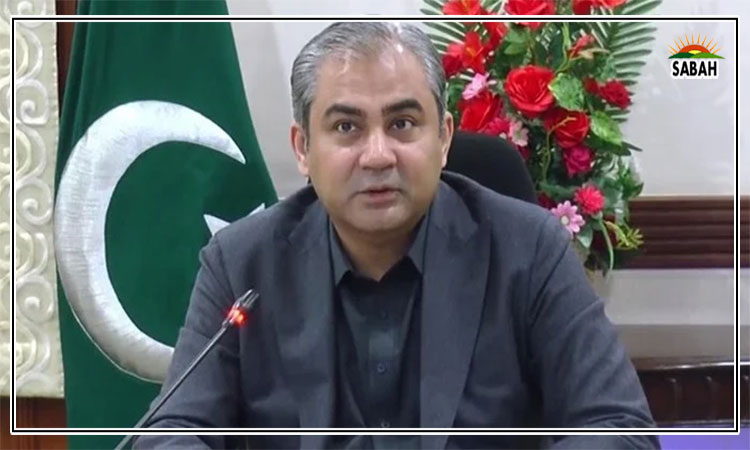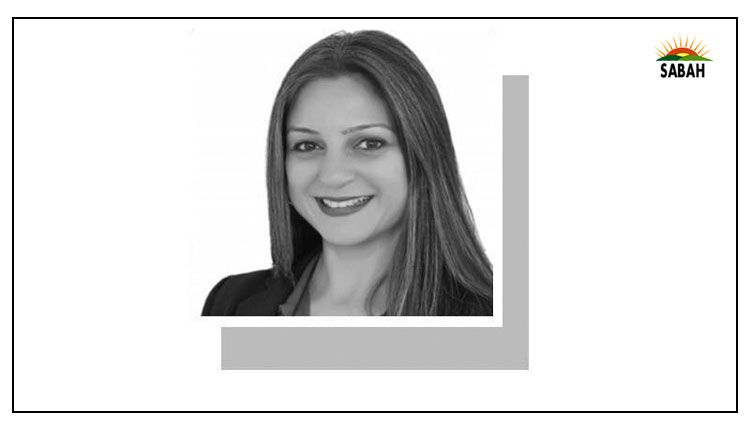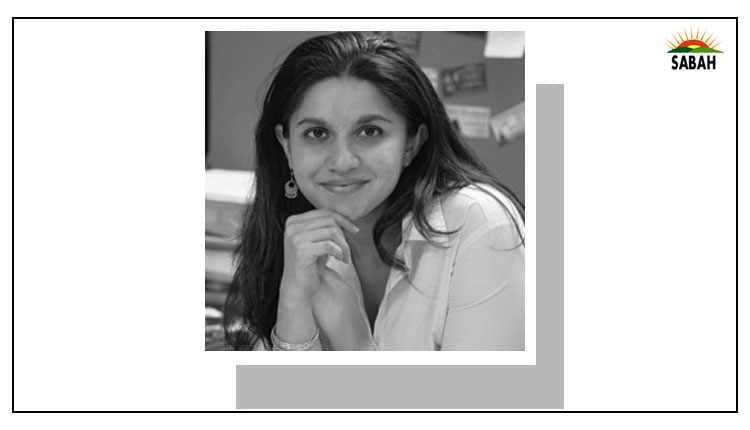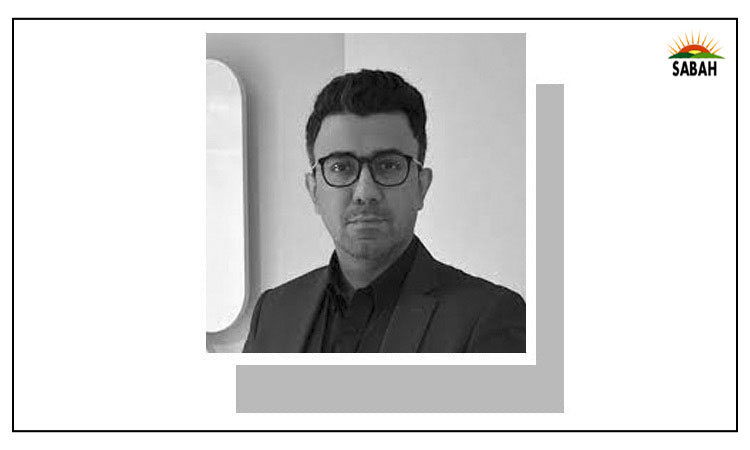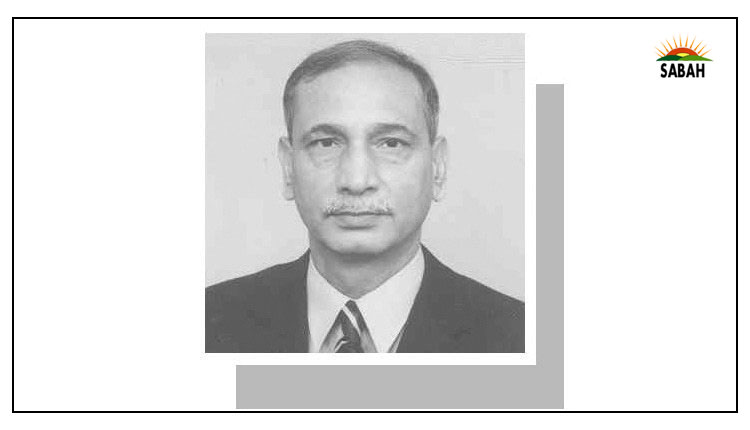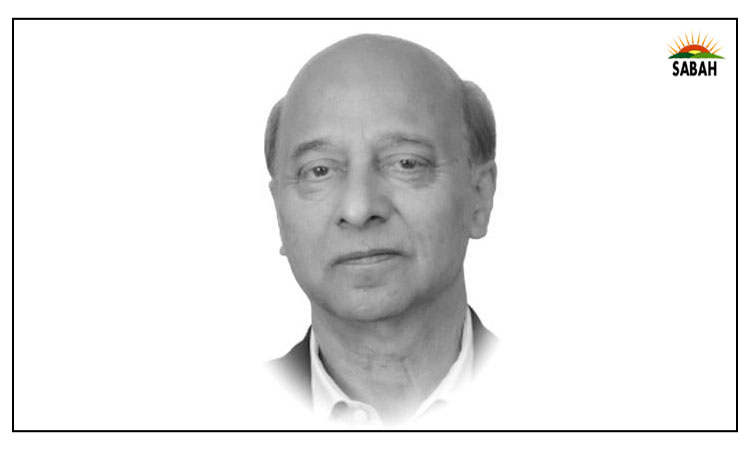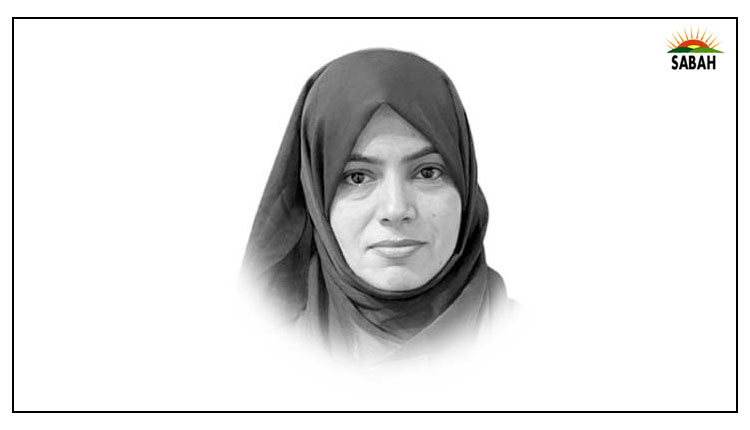Why do we read books?…. Saira Samo
There is a Chinese saying: “A book is like a garden carried in the pocket.” Books, as silent teachers, open windows to unseen worlds and knowledge.
Franz Kafka once remarked: “A room without books is like a body without a soul.” Books play a vital role in shaping one’s identity. They stir curiosity, challenge us to think, and serve as companions on the journey of learning. Goethe acknowledged the lifelong pursuit of knowledge, saying, “One must learn to read, but also to study – a skill that takes a lifetime to master.” Even the greatest minds are never truly done acquiring wisdom.
At a recent book fair in Lahore, literature was overshadowed by food stalls. According to reports, only 35 books were sold, while over 1,200 shawarmas and 800 plates of biryani were purchased. This is an indicator of a growing disconnect in society between intellectual nourishment and immediate pleasures.
Reading remains undervalued in Pakistan. A survey found that, on average, only 6 paisa per capita is spent on books annually. As sarcasm: “Shoes are displayed in showcases, while books are left lying on the ground.” A society that neglects books cannot truly grow in wisdom.
Books also connect us with the past. In libraries, as Novalis said, “We can talk freely with the gods of the past and present.” The wisdom of previous generations lives in books, allowing us to engage with philosophers, scientists and poets who lived long ago. A German proverb encapsulates: “Books are like cups from which we must learn to drink.” Reading, like appreciating a fine drink, is a skill that must be cultivated.
Reading is not just an intellectual exercise; it feeds the mind. Books increase knowledge, improve communication, and help in forming logical, rational arguments. It is often said: “Today’s reader is tomorrow’s leader.” Those who read are better equipped to solve life’s challenges with reason and insight. A book, as a loyal companion, offers solace in moments of solitude.
Books also connect us with the divine. Thomas à Kempis said: “When I pray, I talk to God, but when I read, God talks to me.” Similarly, Jean Paul noted: “Books are the longest letters ever written to a friend.” This reminds us that books bridge gaps between generations and cultures. Gotthold Lessing wisely observed: “The world alone cannot make someone a complete human being. To become one, you must read the works of good writers.” Through reading, one develops a deeper understanding of life.
Books cover a wide range of subjects, from science and philosophy to history, religion and literature. Science books, for instance, reveal the wonders of modern inventions and discoveries. Those who read science stay informed about the changing world and understand how discoveries shape the future. Science has expanded human understanding of the universe, and readers gain a deeper appreciation of life through it.
Philosophy books challenge readers to think critically about life’s fundamental questions. Philosophers like Socrates, Plato and Aristotle were often rejected by their societies for their unconventional ideas, yet their wisdom endures. Readers of philosophy question traditions and explore new perspectives on life.
History is the best teacher. History books play a key role in educating informed citizens. These books educate readers about past events and their consequences, helping us make wiser decisions in the present.
Literature and religious books provide insights into human emotions and morality. While literature attracts the imagination with tales of romance and adventure, religious books offer guidance for living a virtuous life. The Holy Quran, in particular, stands as a complete guide for humanity, providing timeless wisdom for those seeking enlightenment.
Books are treasures that enrich our mind, challenge our views, and connect us with the wisdom of the past. As companions on our journey of learning, they help us become better individuals and, ultimately, better citizens of the world. I ask my readers: do you agree books are vital to life?
COURTESY ![]()



